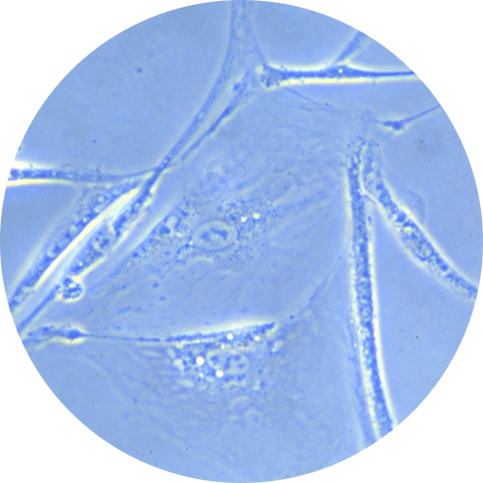Multiple Sclerosis affects 350,000 Americans and over 2.5 million people worldwide. This autoimmune disease results when a person’s immune system attacks the myelin sheath or protein coating that surrounds nerves, resulting in degradation and loss of function. MS is a chronic condition and current treatments are broadly immunosuppressive but have numerous side-effects and drawbacks. Despite this, the worldwide market for MS Disease Modifying Therapies (DMTs) reached $12 billion in 2011. None of the DMTs is curative and the side-effect profile (malaise, fatique, depression) causes some 8-35% of patients to stop taking medications within two years of diagnosis. Antigen-specific therapy such as envisioned by Anergix could provide a new and better therapeutic option.
There are over 80 other known autoimmune diseases, with an estimated 30 to 50 million Americans (as many as one in five) suffering from one form or another. These diseases include diabetes (nearly 19 million Americans), rheumatoid arthritis (1.3 million Americans), Crohn’s Disease, scleroderma, and systemic lupus erythematosus. Taken together, these debilitating diseases offer significant opportunities for improved treatment.
|
 |
|